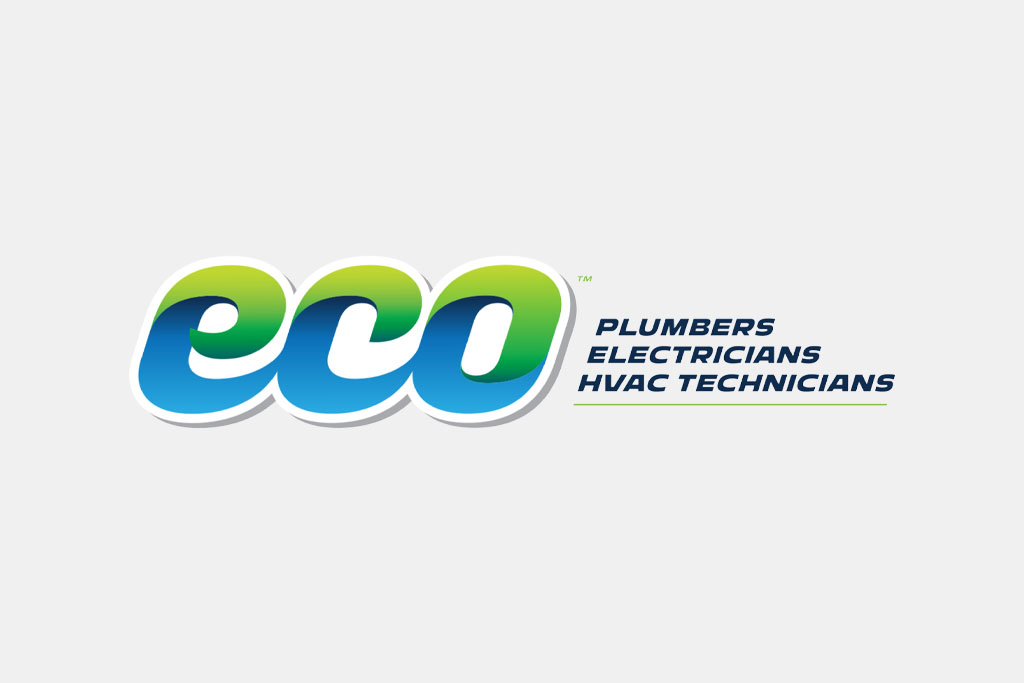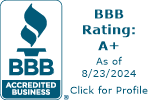A busted pipe, a bad fitting, or deterioration over time can all lead to plumbing leaks. Unfortunately, homeowners can’t predict when or where a leak will occur and if it isn’t addressed promptly, the residual water can promote the growth of mold and mildew and cause thousands of dollars in damage.
Often, plumbing repair work will fix the problem, but homeowners will have to address the moisture issue afterward. Safely clean your home after a leak with these tips from the professionals.
Do You Need to Call for Outside Help?
If the leak affects only a small, accessible area of your home, you may be able to address the moisture problem yourself. If leakage affects several rooms or a hard-to-reach area, however, you may want to contact your insurance company to find out if your homeowner’s policy covers the cost of a water mitigation service. A professional firm will have access to efficient drying and filtering equipment homeowners may not be able to find themselves.
Cleaning Moisture From the Home
Before you start mopping up standing water, shut off all power sources nearby. Then, make sure you have a wet-capable shop vacuum, plenty of towels, rubber gloves, boots, fans, and a dehumidifier on hand. You may be able to borrow or rent a shop vacuum and a dehumidifier from a local hardware store if you don’t own them. Next, do the following:
Open up the space. Open doors and windows if the weather is nice to get air flowing through the area. Sunlight can be helpful in preventing mold growth.
Remove furniture and other items from the area. Remove anything from the area you can, and place it outside on a sunny day to dry or have it hauled off if the item is unsalvageable. You’ll probably need to remove the carpet completely if it’s soaked.
Clean up residual moisture. After removable items are gone, grab the shop vacuum and towels and start drying out the space. Use towels in hard-to-reach areas. Rinse and repeat until all visible moisture is gone.
Turn on the fans and the dehumidifier. You may need to run the fans and dehumidifier for a few days to remove all the moisture from flooring and walls successfully. Follow the instructions on the dehumidifier, and regularly check the bin for accumulated water.
If water damage affects the walls, you may need to contact a professional company for help. Depending on the level of moisture in the home, a professional may need to drill holes in the walls to dry out the space and prevent mold growth.
If you aren’t positive that you can fully dry the space, consider contacting a professional for help. For plumbing repairs you can count on after discovering a leak, our team is ready to help. Contact us for advice on dealing with excess moisture in your property.













